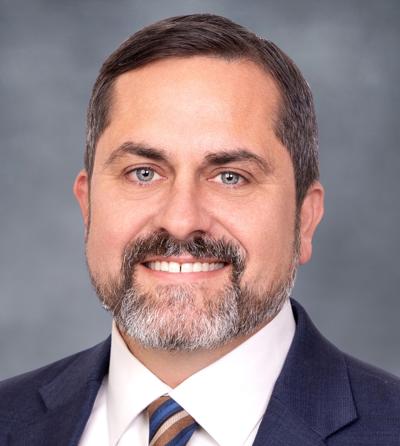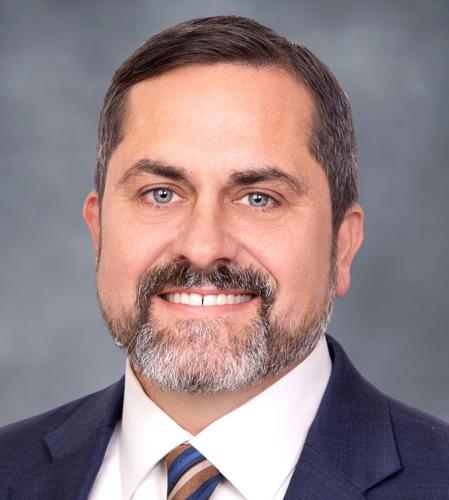Texas lawmakers are advancing House Bill 1481 and Senate Bill 2365, legislation prohibiting students from using their cell phones during the school day in every public school across the state. While the intention is understandable, reducing distractions and increasing focus, the solution is short-sighted and unnecessary.
Anyone who has spent time in a classroom knows that cell phones can be a significant distraction. If left unchecked, the devices can keep students off task, create classroom management issues, and chip away at valuable instructional minutes. But hereĐÔĘӽ紫ý™s the truth: Texas school districts already have the power to handle this issue.
Local school boards and campus leaders currently set their policies on cell phone use; some ban phones entirely during the day, others collect them at the door, and many have well-structured expectations that strike a healthy balance. These decisions are rooted in the needs of local students, staff, and communities. ThatĐÔĘӽ紫ý™s how public education in Texas is supposed to work: local control, local solutions.
A one-size-fits-all state mandate strips away that authority and assumes Austin knows better than the people working in our schools daily. What works in a 2A school in East Texas may not be whatĐÔĘӽ紫ý™s needed in a large urban district like Houston ISD or Dallas ISD. This isnĐÔĘӽ紫ý™t a case of inaction; itĐÔĘӽ紫ý™s a case of trusting districts to do their jobs.
More importantly, these bills ignore a bigger issue: cell phones arenĐÔĘӽ紫ý™t just toys or distractions but tools. In the real world, nearly every profession relies on mobile devices in some form. Electricians use phones to read blueprints and coordinate work. Truck drivers depend on apps for routing and compliance. Nurses, doctors, lawyers, educators, and small business owners use mobile technology to solve problems and stay connected.
We should not ban these devices; we should teach students how to use them well.
If our goal is to prepare students for life after high school, we must include digital responsibility and professional phone use as part of that education. That means teaching students how to manage their notifications, avoid distractions, use mobile apps for research or productivity, and communicate appropriately and professionally. These are real-world skills. If we donĐÔĘӽ紫ý™t teach them, who will?
Texas has an opportunity to reduce distractions and build digital literacy and resilience. Instead of banning phones and hoping students learn responsibility independently, letĐÔĘӽ紫ý™s give schools the resources to teach students intentionally. Digital citizenship, media literacy, and tech-integrated learning are not buzzwords; theyĐÔĘӽ紫ý™re essential for success in a technology-rich world.
Yes, there should be boundaries around phone use during instruction. But thatĐÔĘӽ紫ý™s already happening in districts that have taken the initiative. We donĐÔĘӽ紫ý™t need a ban from our legislators. Instead, we need support for professional development, curriculum development, and tools that help students use technology wisely.
Blanket bans wonĐÔĘӽ紫ý™t solve the problem. They push the issue out of sight and leave students unprepared for the reality ahead.
Now is the time for Texans to speak up. If you believe in local control for your school districts and the opportunity for our districts to teach students responsible cell phone use, contact your state representative and senator and let them know you oppose HB 1481 and SB 2365. Ask them to trust our educators and districts to make the right call for their students.























